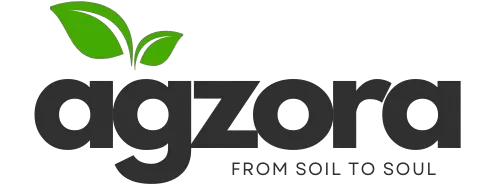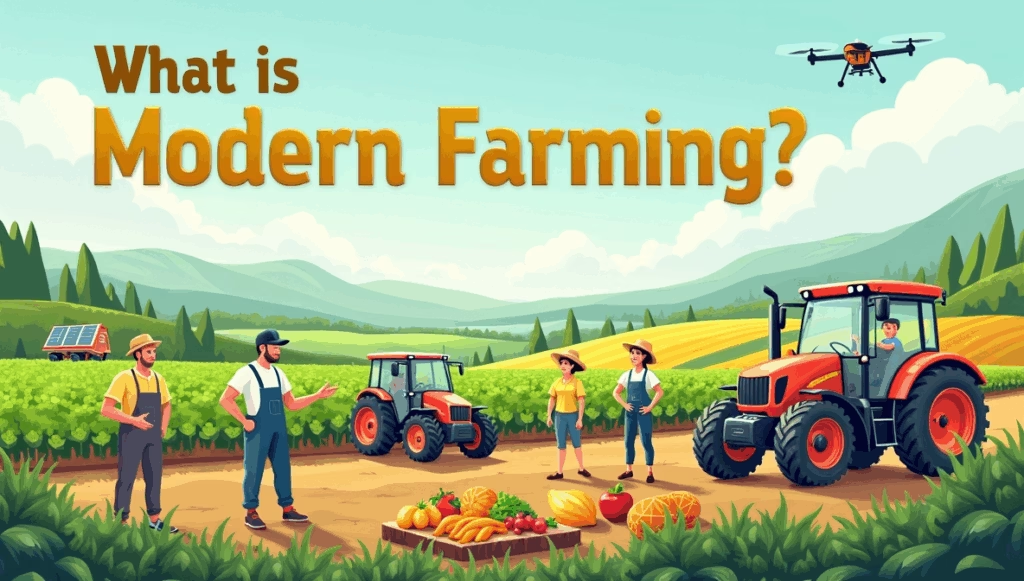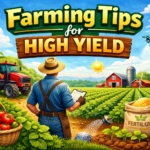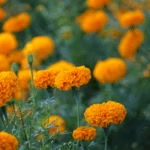What is Modern Farming?
Modern farming refers to the use of advanced techniques, scientific tools, and technology to maximize crop yield, efficiency, and sustainability. Unlike traditional farming, which depended on manual labor, modern farming integrates machinery, irrigation systems, fertilizers, pesticides, biotechnology, and smart farming methods to meet the rising global food demand.
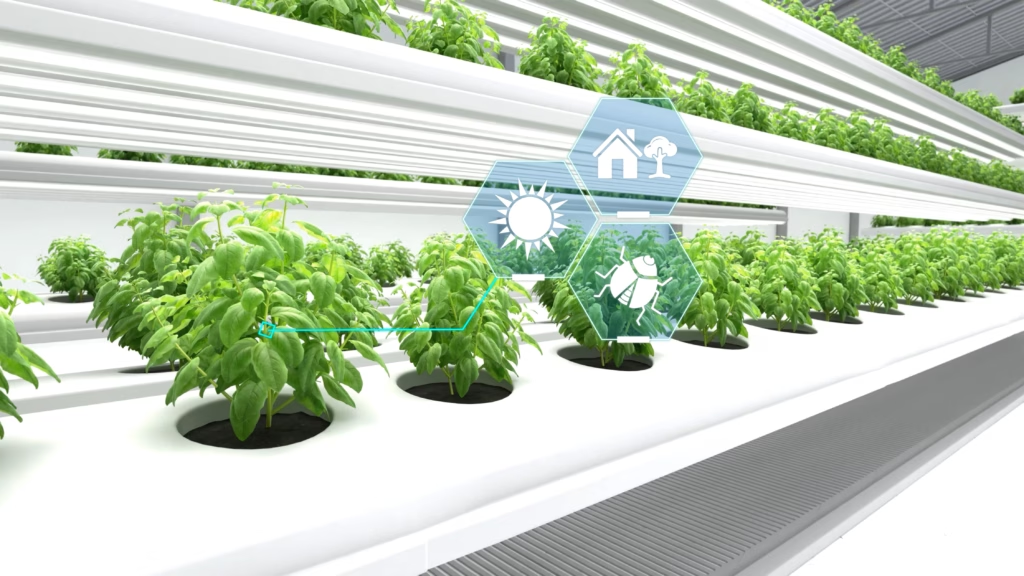
According to the Food and Agriculture Organization (FAO), modern farming plays a vital role in ensuring global food security.
Which of the Following is a Modern Farming Method?
Some common modern farming methods of agriculture are:
- High-Yielding Varieties (HYV) Seeds – Developed to increase crop production.
- Mechanized Farming – Use of tractors, harvesters, and advanced machinery.
- Efficient Irrigation Systems – Drip and sprinkler irrigation. (USDA Irrigation Guide)
- Hydroponics & Aeroponics – Soil-less farming techniques.
- Precision Farming – Using drones, GPS, and AI for crop monitoring.
- Greenhouse & Vertical Farming – Controlled environment farming for urban areas.
Modern Farming Methods of Agriculture
Here are the most widely adopted modern farming methods:
- Crop Rotation & Diversification – Maintains soil fertility.
- Organic Farming with Technology – Eco-friendly methods combined with science.
- Vertical Farming – Growing crops in stacked layers for space efficiency.
- Biotechnology & GM Crops – Enhancing crops for better resistance. (WHO on GM Foods)
- Smart Farming with IoT – Real-time monitoring with sensors.
- Integrated Pest Management (IPM) – Using natural solutions to reduce chemical pesticides.
Difference Between Traditional and Modern Farming
A common question is: “What is the difference between traditional farming and modern farming?”
| Aspect | Traditional Farming | Modern Farming |
|---|---|---|
| Tools & Techniques | Manual tools like plows, bullocks | Tractors, harvesters, drones, AI tools |
| Seeds | Local/natural seeds | HYV, hybrid, GM seeds |
| Fertilizers | Organic compost, manure | Chemical fertilizers & bio-fertilizers |
| Water Management | Rain-fed irrigation | Drip, sprinkler, smart irrigation |
| Production | Low yield | High yield |
| Sustainability | Eco-friendly but less efficient | High efficiency, needs balance |
In simple words, traditional farming depends on nature, while modern farming depends on science and technology.
Why Modern Farming Matters Today
- Food Security – Helps feed the growing global population.
- Economic Growth – Boosts farmer income through higher yields.
- Sustainability – Precision farming reduces waste and protects natural resources.
FAQs on Modern Farming
Q1. What is modern farming?
Modern farming is the use of technology, improved seeds, fertilizers, machinery, and smart tools to increase productivity.
Q2. Which of the following is a modern farming method?
Examples: Drip irrigation, greenhouse farming, hydroponics, and precision agriculture.
Q3. Differentiate between modern farming and traditional farming.
Traditional farming uses manual labor and natural resources, while modern farming uses technology and science for higher yield.
Conclusion
Modern farming has transformed agriculture into a technology-driven sector. By adopting modern farming methods such as hydroponics, smart irrigation, and mechanization, farmers can achieve higher yield and sustainable growth.
Explore Agzora’s farming insights and resources to learn more about seeds, gardening, and modern agricultural practices.
